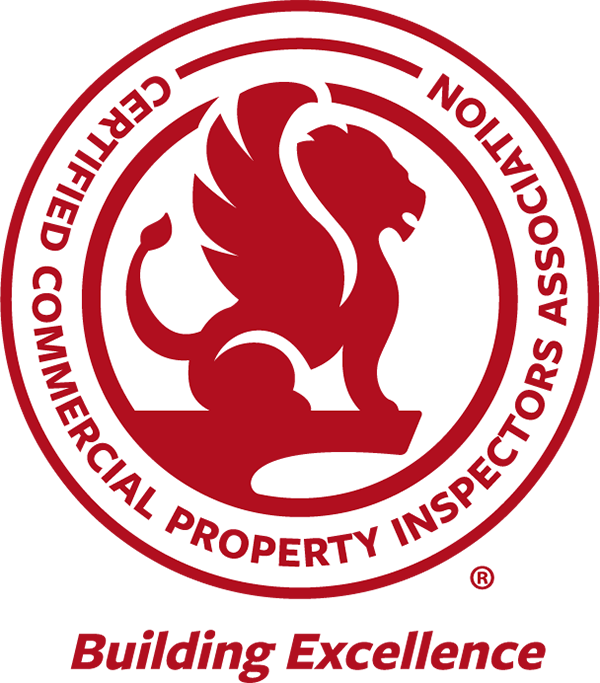A triple-net lease, also referred to as a net-net-net lease and NNN lease, is a lease agreement where the lessee (a single tenant) is responsible for paying the lessor (landlord) on a net-net-net basis for the following:
- real estate taxes;
- insurance; and
- property maintenance.
Contrary to a single-net lease, double-net lease, and gross lease, technically, the lessor owns the building and land but assigns other operating expenses to the lessee in addition to the basic rent, such as building maintenance and repairs.
Common Avoidable Problems with a Triple-Net Lease
Sometimes, a single tenant neglects their maintenance duties or has poor-quality workmanship carried out on the property in order to save money during the term of a lease. Unfortunately, this can result in expensive problems for the lessee at the end of the rental agreement.
Additionally, discrepancies can arise between the landlord and tenant about the condition of the building and its attributes during any period of the lease.
How to Reduce Risk for Real Estate Investments and Rental Agreements
The key to minimizing the risks associated with triple-net lease investments and rental agreements is to understand the condition of the building as a whole throughout the entire term of the lease or rental agreement. This can be done by having a visual inspection performed on the property recurrently. The visual inspection should be performed by a third-party professional inspector. This benefits both the landlord and tenant.
The landlord can stipulate in the rental agreement that the tenant must have periodic inspections performed on the property, and require a copy of the inspection report. The inspection report will provide building owner with proof that the tenant is acting in accordance with their maintenance responsibilities. Alternatively, the tenant can order inspections themselves to help them understand how the building is holding up and to assist with the development of a standard maintenance plan. This not only reduces risk, but can also save thousands of dollars in the long run.
What Is a Triple-Net Lease Inspection?
A triple-net lease inspection, also referred to as a net-net-net or NNN inspection, is a type of lease inspection that is performed for a triple-net lease real estate transaction. It should be performed for both the lessor and lessee and can take pre-lease, during the lease, or post-lease.
It’s more common for this type of inspection to be performed on older properties or for long-term leases, but it can also benefit turn-key commercial real estate rentals.
The inspection will be performed in accordance with the International Standards of Practice for Inspecting Commercial Properties (ComSOP), which is designed for a transparent inspection procedure and to provide impartial information about the property.
Benefits of a Triple-Net Inspection
Having periodic inspections performed on a property is better for your bottom line and is a safeguard to maintaining acceptable property conditions such that you will:
- Reduce operating expenses. A commercial property inspector will help you make cost-effective decisions in terms of developing a plan for preventative maintenance and budgeting for potential big-ticket expenses.
- Prevent unexpected inconveniences. Have you ever noticed that unpleasant surprises happen at the most inconvenient time? A commercial property inspector will help you plan accordingly to minimize unwanted situations, like the AC going out on the hottest day of the summer.
- Protect yourself from legal claims. A commercial inspection report will provide you with the documentation you may need to avoid or quickly settle any legal claims.
Conclusion
Whether you’re the landlord or tenant, and whether you’re at the pre-lease, mid-lease or post-lease stage of your commercial real estate contract, having a third-party commercial real estate inspection performed is one of the smartest decisions you can make. The ultimate factor in avoiding unwanted expenses is timely property maintenance. To ensure that you’re up-to-date on the condition of the property and receive a thorough inspection by a trained and impartial inspector, be sure to hire a member of CCPIA, the Certified Commercial Property Inspectors Association.



